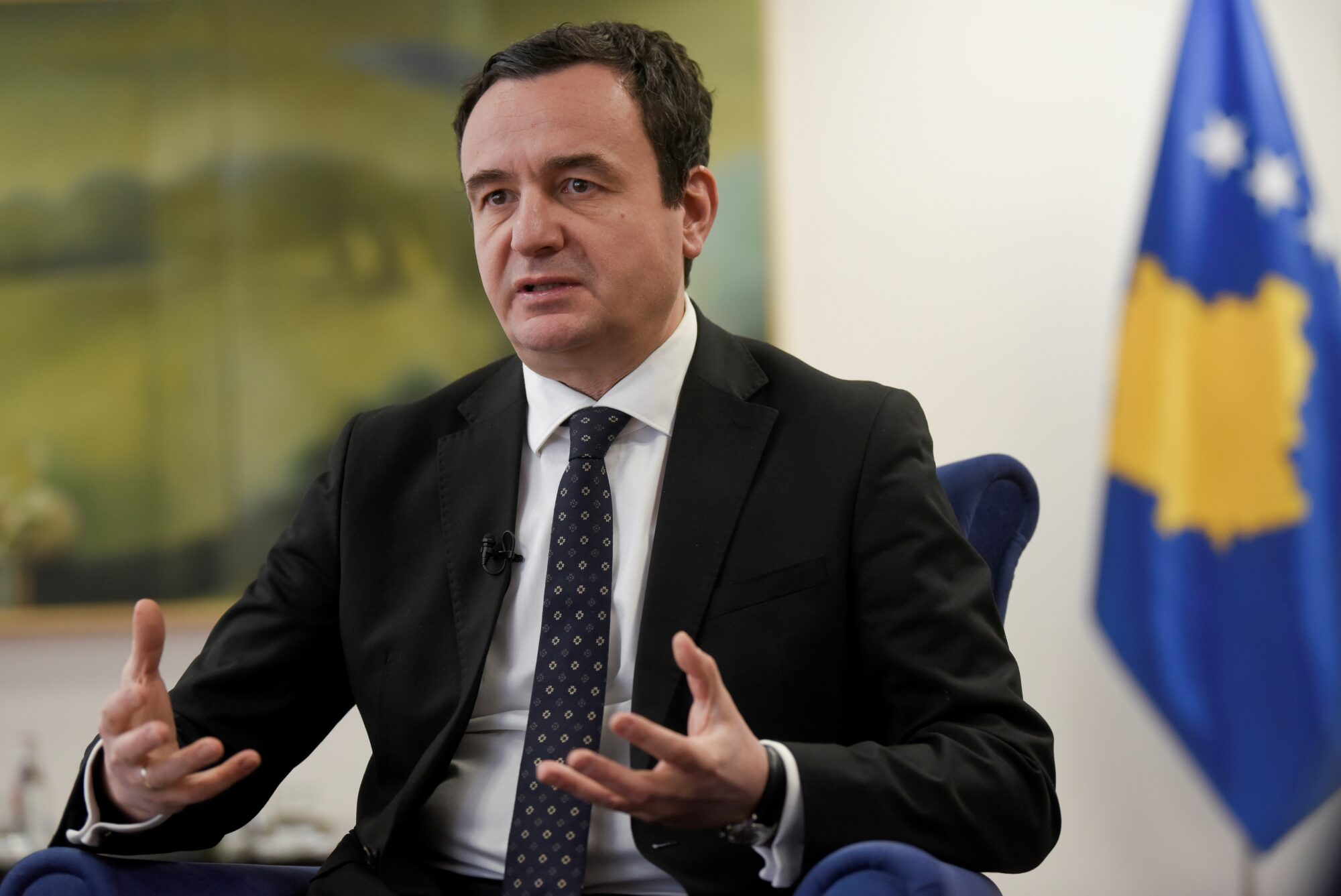Serbia-Kosovo relations are breaking down once again, as both leaders back-track on their endorsement of the EU-sponsored deal from February. With further talks due on Saturday, March 18th, it appears the EU is still powerless to break the long-running diplomatic deadlock, in spite of both countries’ desire to join the bloc.
The majority-Albanian Kosovo unilaterally declared independence from Serbia in 2008. Since then, Serbia has not only refused to recognise Kosovo, it also systematically campaigns against both Kosovo’s recognition by other countries and its membership in international organisations. However, the EU has made the end of this standoff a precondition for Serbian and Kosovar membership the likes of which Serbian national-conservatives called “blackmail” while speaking to the European Conservative.
The breakthrough that appeared to loom at the end of February, in which Serbia would de facto recognise Kosovo’s independence in exchange for political rights for Kosovo’s Serbian minority, now looks unlikely.
Speaking to Euronews, Kosovar Prime Minister Albin Kurti said that the creation of an official association of Kosovo’s Serbian-majority townships—a Serbian Municipalities Association, as stipulated in the EU deal—is not acceptable to his country. He explained that Kosovo’s Constitution “cannot sustain a mono-ethnic entity like [the] association of Serb majority municipalities.” Kurti emphasised that Kosovo was a “multi-ethnic society” where they respect “each individual in spite of [their] backgrounds”—despite the fact that “93% are Albanians.”
Such promises of a tolerant multi-ethnic Kosovo don’t resonate for the Serbian minority who feel besieged. In the past weeks they have been protesting land expropriations by the Kosovo government. Last winter they blockaded border crossings in response to Kosovo government plans to make them scrap their Serbian licence plates, resulting in a crisis which saw the Serbian army placed on full alert, and was only deescalated in January.
For President Vučić of Serbia, Kurti’s refusal to create a Serbian Municipalities Association is a dealbreaker. Insisting that he would still attend the next talks, because he doesn’t wish Serbia to appear “as insane people who do not want to talk,” he saw little point otherwise. “Why would we be invited to join a wedding party if there is no bride and no groom?”
Vučić himself has also backtracked. While he endorsed the EU-sponsored Deal, he also made hardline statements against recognition, saying that “[t]here will be no surrender, no capitulation.”
In face of these developments, the prospects for the EU to act as peacemaker are dim for now.






